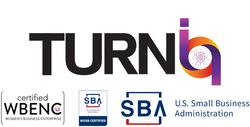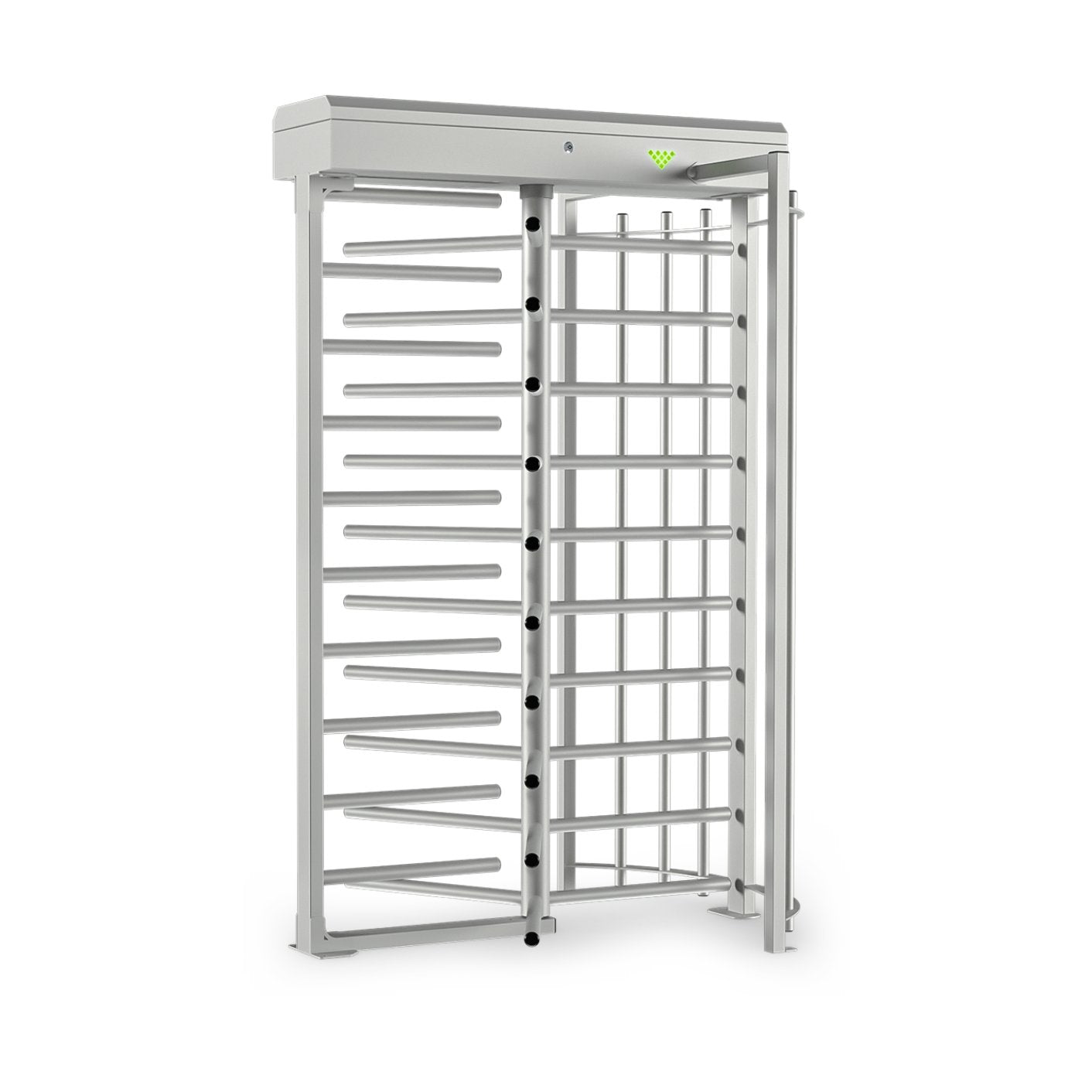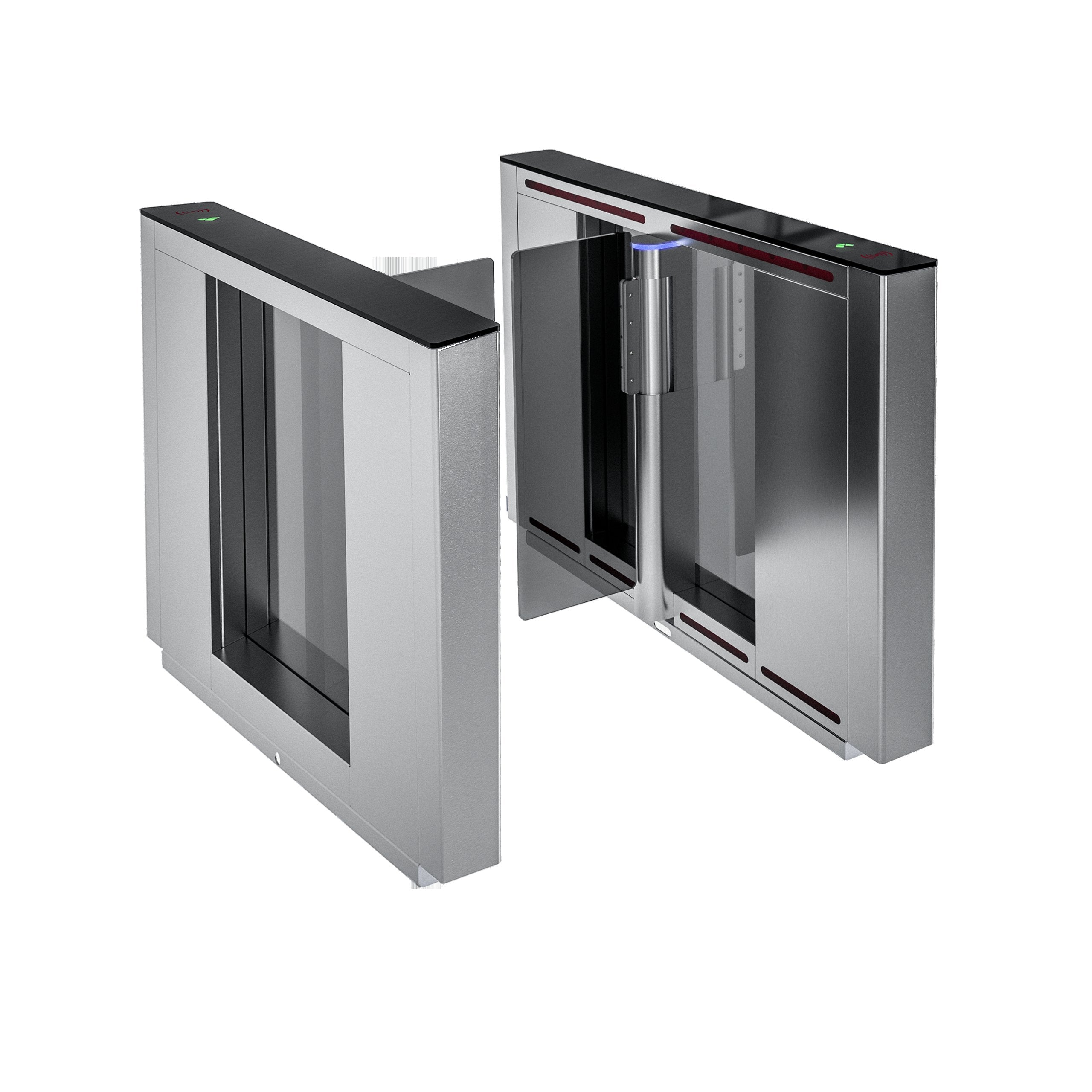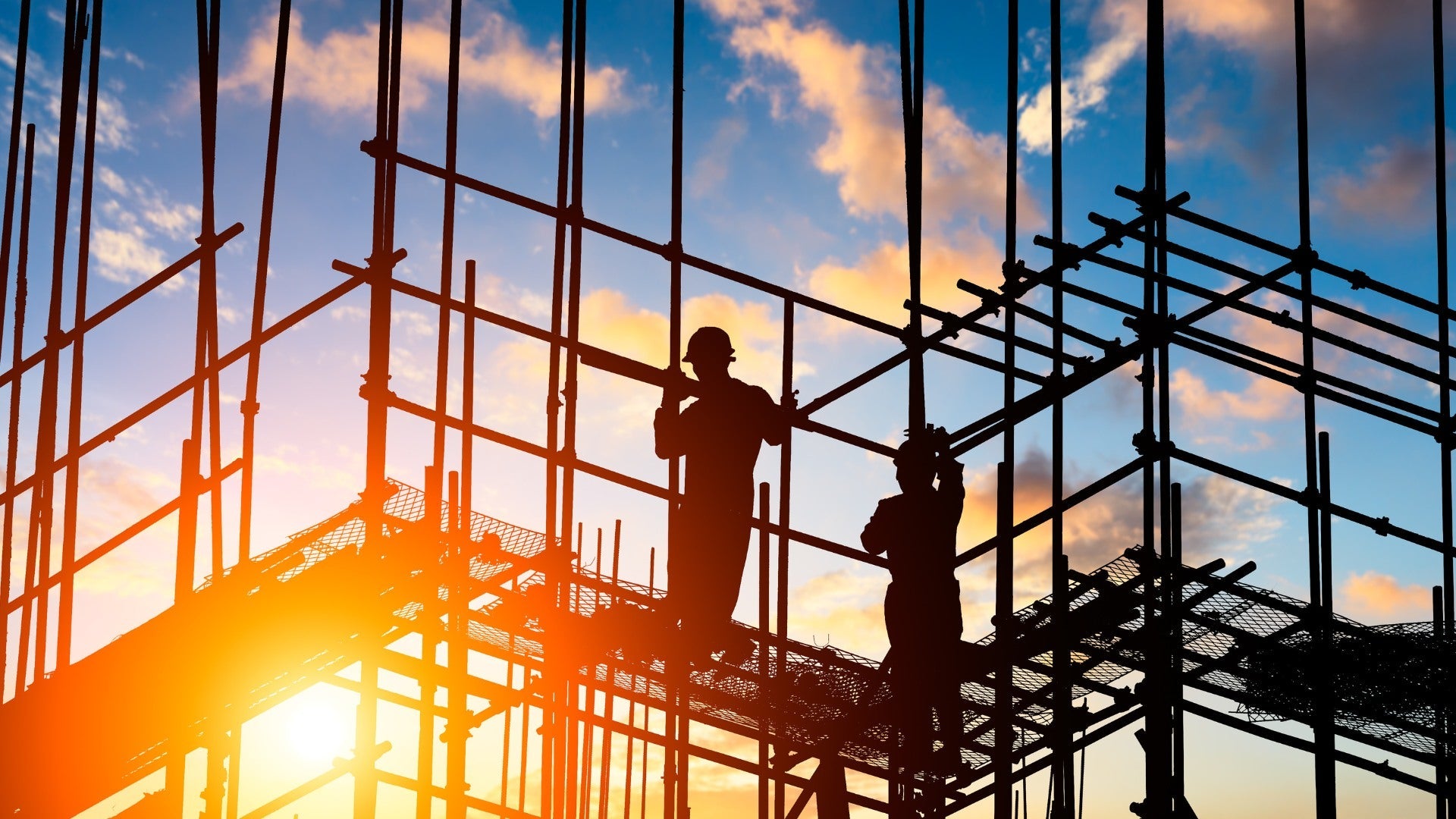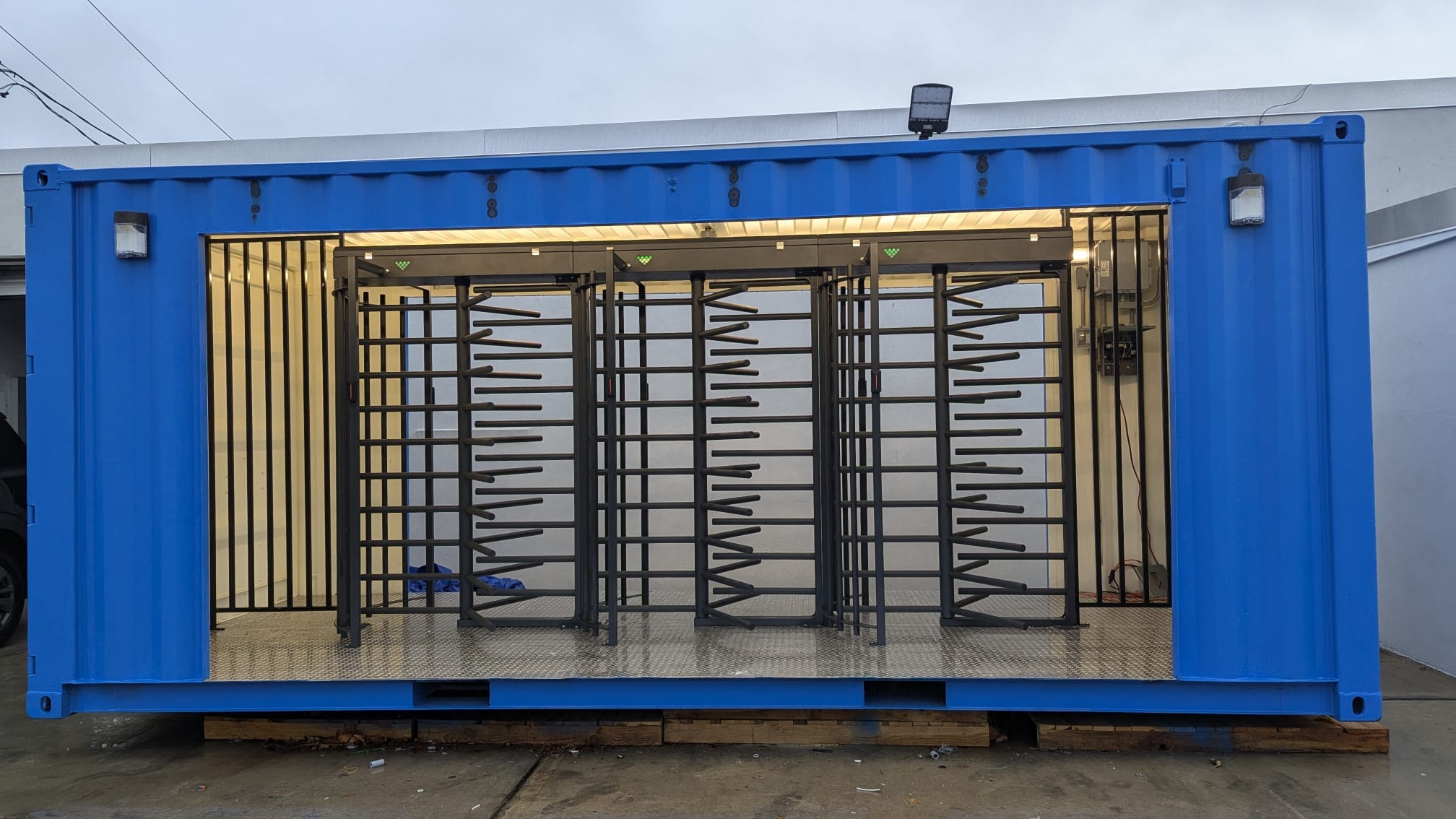Before the first shovel hits the ground, one of the most important considerations for any new construction project is physical security. From equipment theft and unauthorized entry to safety compliance and project delays, security breaches can be costly and dangerous. The good news? You can prevent most issues by planning your security from day one. In this guide, we’ll walk you through how to build a robust security framework—starting from a blank site.

Start with a Site Assessment
Why It Matters: Every jobsite is unique. Understanding its layout, entry points, lighting, and surrounding environment is essential for building a tailored security plan.
How to Approach It: Walk the perimeter. Identify potential blind spots. Determine where workers, vehicles, and deliveries will enter and exit. Make note of vulnerable zones like tool storage, trailers, or hazardous areas.
TurnIQ Tip: Use this assessment to plan for the placement of turnstiles, guard booths, and surveillance cameras that align with your site’s movement patterns.
Define Access Control Zones
Why It Matters: Not everyone on-site should have access to everything. Segmenting your jobsite ensures that only authorized personnel enter specific zones.
How to Approach It: Divide your site into logical areas—such as admin zones, high-risk workspaces, and equipment yards—and control access accordingly.
TurnIQ Tip: Full-height turnstiles or swing gates combined with RFID or biometric readers allow you to restrict entry based on role or clearance level.
Choose the Right Access Control Equipment
Why It Matters: Equipment choice affects usability, security, and installation time.
Options to Consider:
-
Tripod Turnstiles for compact areas and entry tracking
-
Full-Height Turnstiles for maximum perimeter security
-
Speed Gates for faster flow in high-traffic zones
-
Titan Arm Barriers for vehicle control
-
Steel Guard and Guard Booths for mobile, on-site personnel control
TurnIQ Tip: All TurnIQ equipment can be deployed with Off-Grid Kits (solar + battery) to accommodate remote locations with no electrical access.
Secure the Perimeter First
Why It Matters: A strong perimeter is your first line of defense. Once secured, you can manage internal zones more easily.
How to Approach It: Install fencing, barriers, and surveillance around the jobsite early—before major materials arrive.
TurnIQ Tip: Use portable turnstile units with built-in surveillance to protect your site during early-stage development when power and connectivity are limited.
Plan for Power and Connectivity
Why It Matters: No power = no access control. You’ll need stable electricity or an alternative energy source.
How to Approach It: Incorporate solar-powered units and backup batteries into your plan to ensure your security operates 24/7.
TurnIQ Tip: Our Off-Grid Kits keep your access control system fully functional—day and night—without reliance on local utilities.
Include Emergency Access and Safety Protocols
Why It Matters: In emergencies, clear protocols and automatic systems save lives.
How to Approach It: Ensure emergency exits are clearly marked, and your access control system allows for fail-safe release during fire or other threats.
TurnIQ Tip: TurnIQ turnstiles can be configured with drop-arm mechanisms or remote release options for fast evacuation.
Conclusion
When you plan physical security from the ground up, you don’t just reduce risk—you save money, boost productivity, and protect your people and equipment. With scalable, off-grid-ready, and fully integrated systems, TurnIQ is your partner in building smarter, safer jobsites from day one.
Ready to build a secure site? Contact TurnIQ for a custom security plan tailored to your project’s footprint and timeline.
